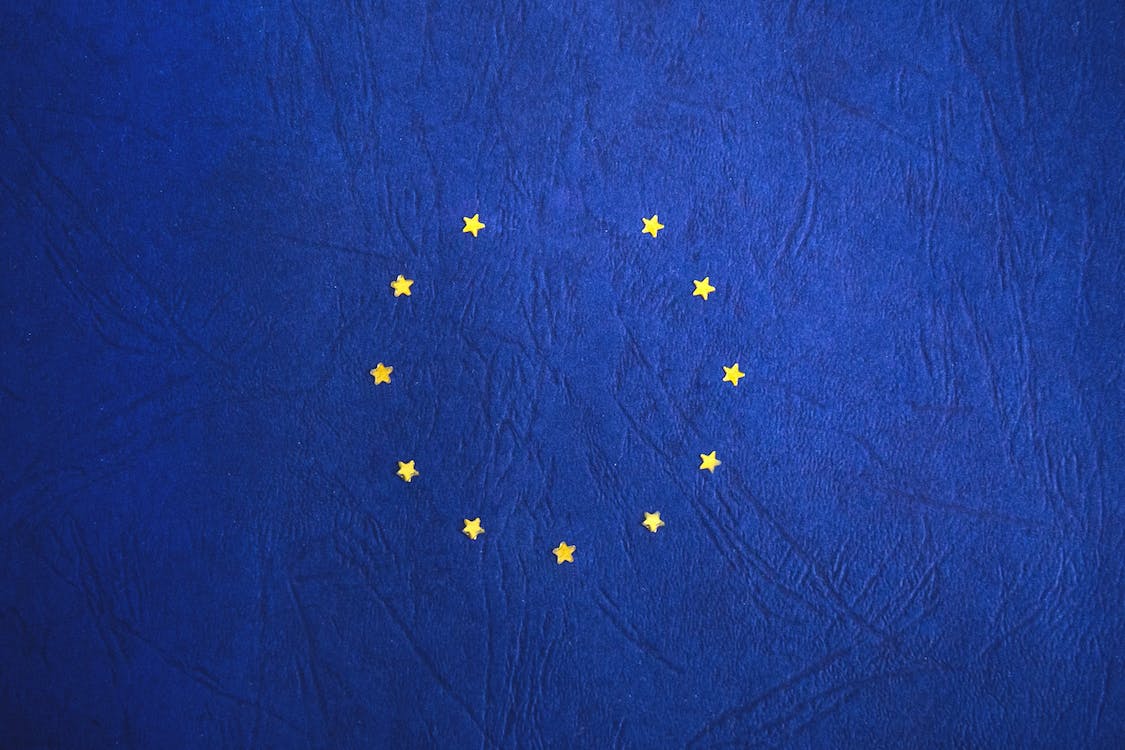The United Kingdom’s decision to leave the European Union, commonly known as Brexit, has raised numerous questions and challenges across various domains. One crucial area affected by this historic event is the process of extradition. Extradition, which involves surrendering individuals accused or convicted of crimes to another jurisdiction, has undergone a few changes after Brexit.
Extradition at a Glance
Extradition is the formal process where one country asks another to return a person to stand trial or serve a sentence. The UK has extradition relations with over 100 territories around the world. The UK extradites its own nationals and residents.
Prosecutors can utilize extradition to obtain the transfer of an individual from another country to the UK for various purposes. These include bringing the person to face prosecution, enforcing a sentence for a crime they have already been found guilty of, or executing a previously imposed sentence.
The Extradition Act 2003 is a law in the United Kingdom that controls extradition requests to and from the country. It started being effective on January 1, 2004, bringing the European Arrest Warrant framework decision into UK law.
Extradition Post Brexit
After the conclusion of the Transition Period on December 31, 2020, the United Kingdom is no longer a participant in the European Arrest Warrant (EAW) system. Instead, a new agreement between the UK and the European Union (EU) has been implemented as of January 1, 2021.
This agreement means the 1957 Convention on Extradition will govern future extradition requests with European states. This could increase costs, delays, and complexity in extradition proceedings.
The UK’s access to certain data systems, namely the Schengen Information System II, through which EAW and security information is shared between EU countries, is also limited. Following Brexit, the UK is now responsible for receiving or sharing extradition arrest warrants through bilateral agreements with other countries or via the INTERPOL system. This change means that extradition requests will be handled directly between the UK and relevant countries or through the international INTERPOL network.
However, the Trade and Cooperation Agreement (TCA) outlines the UK’s future extradition arrangements with the EU. Under the terms of the agreement, EAWs issued before January 1, 2021, will still be valid in the UK and EU Member States.
The Extradition Act 2003 will remain applicable to extradition requests between the UK and EU Member States. Under the European Arrest Warrant (EAW), the hearings before Westminster Magistrates Court occur within three months of the arrest. But these hearings may take longer in many cases since the courts have too many cases, and it is difficult to find a slot to deal with such cases. A few complicated cases can run up to twelve months after the arrest.
Similarly, appeal procedures can also take six to twelve months for both: the permission to appeal and the actual appeal.
For existing EAW cases, the following transitional arrangements are in effect:
Arrests made on EAWs before December 31, 2020
Article 62 of the Withdrawal Agreement applies to these cases where an arrest had already occurred based on an EAW before 11 pm on December 31, 2020. The extradition process for these cases will continue to follow the EAW framework.
EAWs issued before the end of the Transition Period with no arrests made
The rules governing EAWs issued before the Transition Period’s conclusion, but without any arrests made, are outlined in Title VII (Surrender) of the UK-EU Trade and Cooperation Agreement. In this scenario, an issued EAW will remain a valid warrant under the new arrangements.
The Extradition Act 2003, in its original form (referred to as the ‘2003 Act’), along with the amendments introduced by the Future Relationship Act, incorporates the provisions of the EAW and the arrangements specified in Title VII (Surrender) of the UK-EU Trade and Cooperation Agreement.
Final Thoughts
The process of extradition has undergone significant changes following the UK’s departure from the European Union. While the termination of the UK’s participation in the European Arrest Warrant (EAW) system poses challenges, implementing new extradition arrangements aims to ensure continued cooperation and streamline proceedings.
While extradition after Brexit brings forth challenges, it also presents an opportunity for the UK to forge new paths and establish effective mechanisms for collaboration with both EU and non-EU countries. By embracing these changes and striving for a fair and efficient extradition system, the UK can reinforce its commitment to upholding the rule of law and international cooperation in combating crime across borders.


